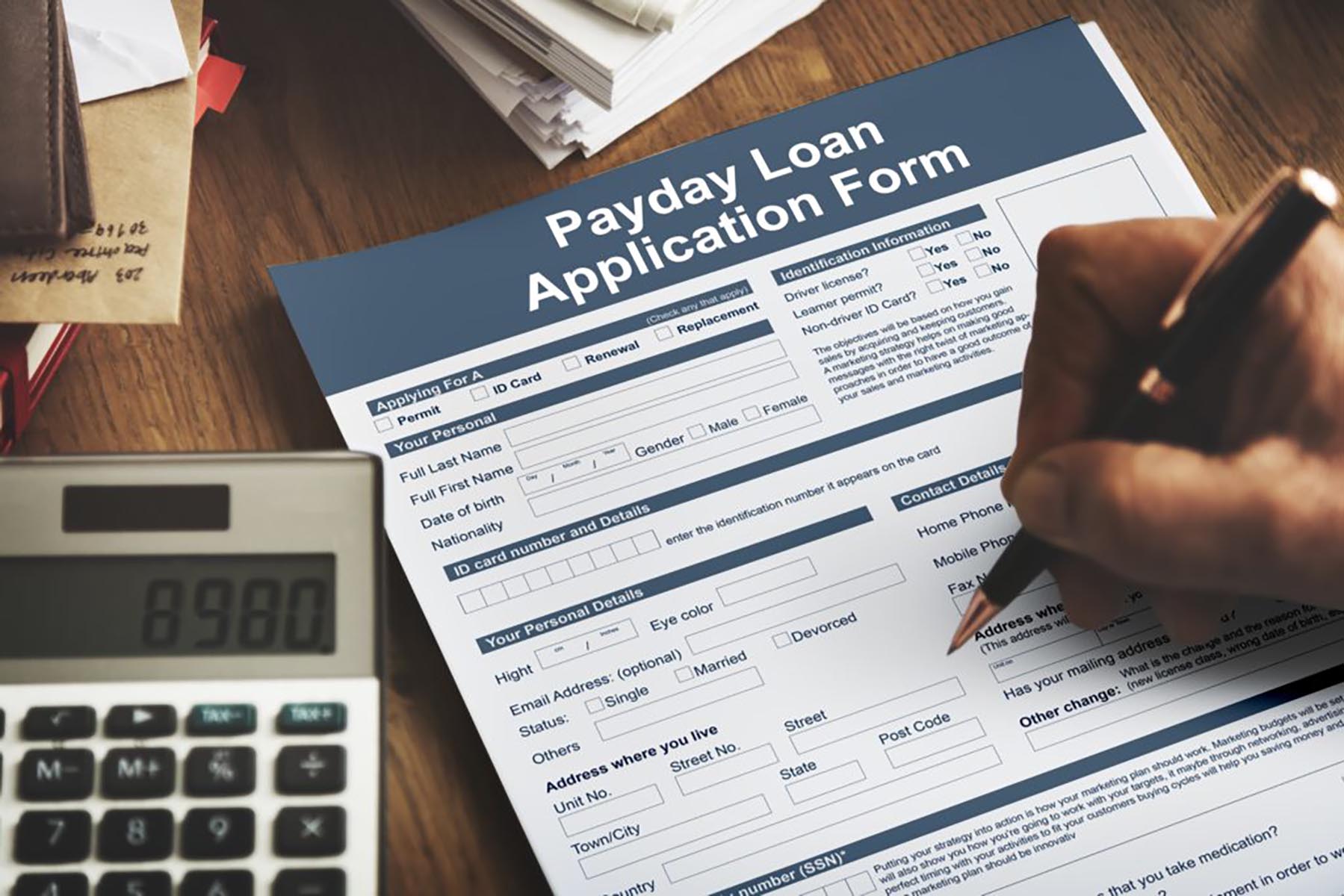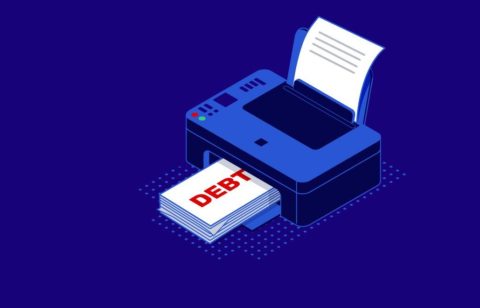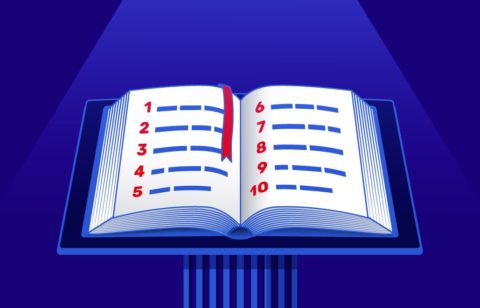On February 6, the Consumer Financial Protection Bureau announced it would be overturning a rule put in place by President Obama aimed at protecting consumers who may be taking out loans they have no ability to pay back.
The rule required that any lenders who provide Payday, Vehicle Title, or High-cost Installment Loans look into whether the borrower has the ability to pay back the loan. The CFPB has since argued that requiring these lenders to underwrite their loans would result in these consumers being denied credit and being completely cut off from the ability to open a line of credit with any lender in a time of need. However, payday and short-term loan lenders have long been scrutinized by what many see as predatory lending practices.
Payday, Vehicle Title, and High-cost Installment Loans
A payday loan is a short-term loan intended to help people who need money until they get their next paycheck. Payday loans aren’t for buying a house or another big purchase. They’re for financial emergencies, such as unexpected auto repairs to get to a job, and they’re paid back as soon as the next paycheck arrives.
While this sounds like a boon for consumers living paycheck-to-paycheck who face an emergency, in reality, payday loans can be a slippery slope that could lead to financial ruin. Typically, the loan must be paid back within 14 days, along with a finance charge based on the amount of the loan, usually $10-30 for every $100 borrowed. On such a short loan, this equates to a 400% APR! A study by the CFPB found that 80% of payday loans couldn’t be paid back in that 14-day period, meaning they had to be rolled over several times, each time with new fees.
Payday loans are notoriously easy to get; some lenders even do their business completely over the internet. There’s usually no credit check, and the only requirements are a paycheck and a bank account. There’s no underwriting, which means there’s no looking into the ability of the borrower to repay the loan in the first place.
A vehicle title loan works the same way as a payday loan, but it requires your vehicle as collateral. If you can’t repay the loan, which is $700 on average, the title loan company can seize the car. Seizure occurs for one-in-five borrowers, usually after the loan has been rolled over several times. Four-in-five single-payment title loans aren’t able to be repaid and are rolled over into a new loan.
The terms for high-cost installment loans are usually longer, lasting about three months. These loans from traditional banks are “deposit advances” for small amounts and can have APRs as high as 129%. A simple loan for $500 can end up costing the borrower $3,000 to repay.
Consumer Protections
These loans can quickly lead to a crisis for people who are already financially vulnerable, which led President Obama to propose new consumer protections regarding short-term loans. In 2016, the CFPB required that all lenders perform proper underwriting of their loans, including conducting credit checks to determine whether the borrower has enough income to repay the loan within its terms.
However, before the consumer protection rules were put into place, the CFPB changed its tune. Richard Cordray, the director appointed by President Obama, stepped down. He was replaced by the Trump administration with Mick Mulvaney, who later became Trump’s acting Chief of Staff. Kathy Kraninger currently holds the position. Under the new director, the rule was rolled back to continue to give people in need access to credit.
Critics who call these types of loans predatory, saying that they take advantage of people rather than help them, vow to fight the rule change in court.
One protection from the Obama-era rule that’ll remain in place is that these companies must inform borrowers in writing before they begin withdrawing money from a bank account. Payments are always made this way, by automatically withdrawing the payment from the consumer’s bank account, which is why having a bank account is a requirement for the loan. The problem occurs when the borrower has insufficient funds to pay the loan when the lender attempts the withdrawal from the account, which is then slapped with an overdraft fee from the bank. The lender continues to attempt to withdraw the payment, resulting in hundreds of dollars in overdraft fees for the borrower. The part of the rule that remains intact prevents the lender from making more than two attempts to withdraw payment.
The payday loan rule hasn’t been completely rescinded; rather, it’s been pushed off until November 2020, and it’ll include a 90-day period for consumers to send their comments to the CFPB for consideration.





